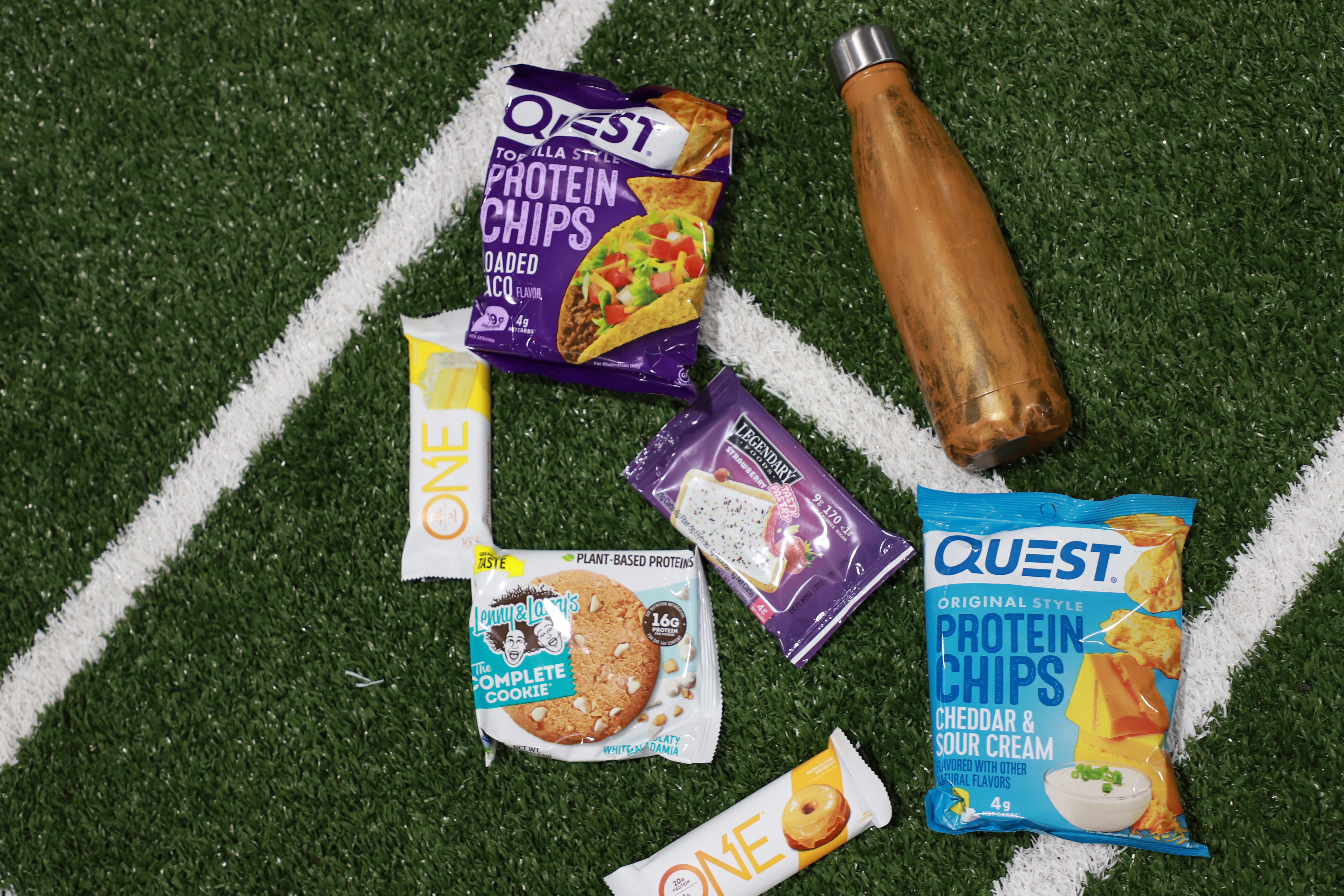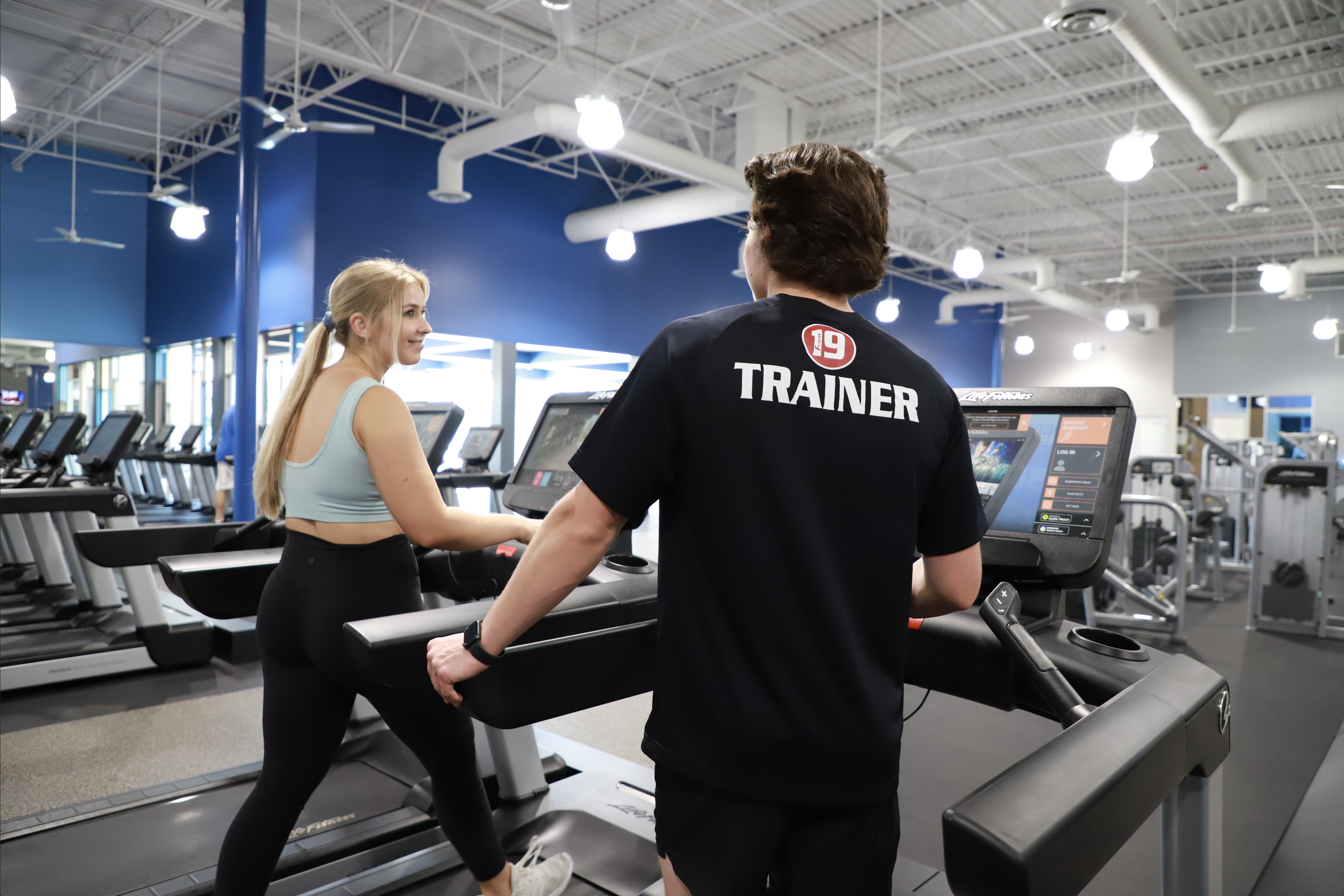- Blog
- Is 72 Hours Enough For Muscle Recovery?
- July 23, 2021 |
- Strength Training | General Health and Wellness | Muscle Recovery
Is 72 Hours Enough For Muscle Recovery?

The optimal time for muscle recovery can vary, and it's difficult to know when to rest.
The problem with resting too little or not at all is that your muscles won't have time to recover and grow. You'll be more prone to injury, which can lead to months of inactivity and lost progress.
It's recommended to rest for 72 hours before working out the same muscle group again. This gives your body the time it needs for muscle recovery and growth without risking injury from overtraining or under-recovery.
The Muscle Recovery and Rebuilding Process
Muscle rebuilding is an important part of the body. It helps you move and stay healthy. A muscle has muscles attached to it called fibers. When you work out you break down these muscle fibers and if it doesn't get enough nutrients, your muscles won't recover and get stronger.
Muscles need time to recover. If you don't properly rest then your muscles will not have a chance to grow. You will be more likely to get hurt and you won't make any more progress towards your fitness goals.
The Optimal Time for Muscle Recovery
The recommended time for muscle recovery is 48-72 hours. This will depend on your body composition, diet, physical activity, and strength.
When someone workouts at a higher intensity, they will experience a higher amount of muscle damage than someone who works out at a lower intensity. If you have a higher muscle mass, then it may take longer to get the same results as someone with less muscle mass.
Muscles grow when they are stimulated and fed enough nutrients, meaning rest isn't the only thing that matters for muscle growth. You also need to make sure you're eating healthy and performing your workouts correctly if you want to see them grow.
Another important factor that plays a big role in your muscle recovery is your workout split.
Workout splits are when your muscle groups are separated into different days of the week. You can pick a split that works best for your needs and habits or sometimes you can go with what's most popular to see what works well. They all have their benefits and disadvantages and you just need to find the one that fits you best.
If you worked out your chest on Monday then it would not be a good idea to do chest again on Tuesday. You need to make sure you're giving your muscles rest days in between workouts.
 Speed Up Your Recovery With Proper Nutrition
Speed Up Your Recovery With Proper Nutrition
BMR or Basal Metabolic Rate is the energy needed to perform daily activities, such as muscle recovery. By calculating your BMR you can estimate your daily caloric intake. Here's a BMR calculator you can use.
The key to muscle growth is making sure that you are getting enough nutrients in order for your body to make muscles rather than break them down. If muscle recovery is a concern then it's important to make sure you are eating enough calories.
Eating the right amount of macronutrients (carbs, protein, and fats) will help your body recover faster.
 Speed Up Muscle Recovery With Active Rest
Speed Up Muscle Recovery With Active Rest
There are ways to speed up recovery after your workout sessions. Start by implementing active recovery. Active recovery is the process of gradually returning muscle function to normal levels.
This can be done by doing light muscle exercises, such as walking or biking. This will decrease muscle soreness and help your muscles recover faster than they would have on their own.
Implementing Active Rest
There are many benefits to active recovery. Active rest is a good way of speeding up muscle recovery because it restores the balance between muscle use and muscle growth. It'll also help your muscles speed up the removal of lactic acid.
If you continue working out while your muscles are recovering from one workout session then there will be muscle imbalance and muscle wastage.
Examples of Active Rest:
- Lifting weights at a lighter weight or doing a light weight-lifting session
- Walking, Running, or biking with varying intensity
- Participating in low-intensity exercises such as yoga classes or stretching
Key Takeaways
48-72 hours is the recommended time for muscle recovery. In order to speed muscle recovery, you can implement active rest after your workout session and have the right macronutrients in your diet. You can also try a hydromassage lounger.
Take note although taking some time off at the gym is beneficial, you don't need to take 3 days straight off. All you have to do is make sure that you're giving the muscle 48 to 72 hours of rest to recover before engaging in the same exercises. You can do this by properly setting your workout split.
Need help creating the perfect muscle recovery routine for you? Work with a Certified Personal Trainer at Fitness 19.
Citations
Yang, Yifan et al. “Effects of Consecutive Versus Non-consecutive Days of Resistance Training on Strength, Body Composition, and Red Blood Cells.” Frontiers in physiology vol. 9 725. 18 Jun. 2018, doi:10.3389/fphys.2018.00725
Draper, Nick et al. “Effects of Active Recovery on Lactate Concentration, Heart Rate and RPE in Climbing.” Journal of sports science & medicine vol. 5,1 97-105. 1 Mar. 2006
Sign Up for a Free 3-Day Guest Pass!
No commitment is necessary.